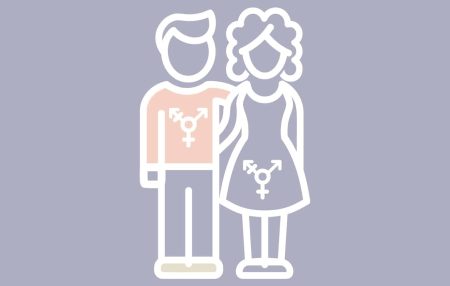30 November 2021
Millions of people around the world are embracing direct-to-consumer DNA tests to explore personal ancestry and resolve issues about genetic identity, parentage and status. These at home DNA tests can result in unexpected outcomes as people trace genetic relatives, parents and donors. They can also create complex issues about biological and legal parentage as increasing numbers of people seek to resolve their parentage under English law and rectify birth certificates. This is in turn bringing into focus the relevance and significance of applications for Declarations of Parentage in the English Family Court.
Ancestry
There are a range of reasons for wanting to trace a biological parent or biological relatives. These can include a deep seated need and desire to:
- Inform an individual’s sense of identity.
- Increase understanding about family health and genetic legacy.
- Build and grow family networks.
- Compile family trees and gain understanding about family ancestry and lineage.
- Resolve issues around biological and legal parentage and birth certificates.
In doing so, this can lead to unexpected discoveries about conception, maternity and paternity and unknown siblings and relatives. Whilst this information can have positive outcomes, it can also cause distress and have a serious impact on individuals and families in the absence of skilled management.
Legal parentage
Identifying and tracing a biological parent via a direct-to-consumer genetic test can raise complex legal issues about parentage. In addition, a biological parent is not always a legal parent. Adoption along with the growing uptake of assisted conception (e.g. IVF, egg and sperm donation, surrogacy and co-parenting arrangements) have increasingly disconnected the relationship between biological and legal parentage in law.
The importance of legal parentage should not be underestimated because it creates a legal relationship between a parent and a child under English law and legal relationships between wider family members (e.g. grandparents, siblings, aunts, uncles and cousins). Legal parentage creates financial rights and responsibilities, including inheritance rights. It dictates birth registration and birth certificate arrangements. It can give rise to a claim for citizenship, nationality and a passport. It confers legal status and identity upon a parent and a child. It can also inform the involvement of a parent and wider family in a child’s life.
Legal parentage can create difficult and challenging issues depending upon the circumstances of conception as well as the operation of English common law or statute. Resolving issues and disputes around legal parentage and the status, rights and responsibilities that flow from this can require expert navigation of complex fertility and family law. It can create emotionally charged situations, strain relationships and result in legal proceedings including an application for a Declaration of Parentage and contested financial claims.
When and how might I apply for a Declaration of Parentage?
A Declaration of Parentage application is a bespoke application made in the English Family Court under s55A of the Family Law Act 1986. Each case is carefully assessed by the English Court to ensure that it meets the relevant legal criteria and has sufficient supporting evidence. If granted, it can declare that a specified person is (or is not) a legal parent of an individual and lead to the re-registration of that individual’s birth certificate under English law.
A Declaration of Parentage application can encompass a range of legal issues relating to legal parentage, personal identity and legacy, medical and genetic history, citizenship and nationality (and issues related to applications for EU passports post Brexit), financial rights and responsibilities. It can be used in a range of situations to seek to resolve:
- An issue about biological and legal parentage following a direct-to-consumer DNA test (e.g. following a DNA test through AncestryDNA, 23andMe, MyHeritage).
- Omission or errors in completion of patient HFEA consent forms at UK fertility clinics, calling into question the legal parentage of a non-birth parent for their child.
- A dispute about an individual or child’s legal father or second legal parent.
- An issue or dispute about an individual or child’s birth certificate (e.g. to add or remove a parent).
- Dispute about paternity/legal parentage and financial provision for a child or individual.
The value of specialist fertility and family law advice
Specialist fertility and family law advice can provide legal and practical advice and assistance to help individuals and families navigate direct-to-consumer genetic testing and the associated family and fertility law issues and implications. It can:
- Advise on options for opening and managing dialogue with biological parents and relatives.
- Provide expert legal advice in respect of legal parentage claims.
- Advise, represent or defend individuals in respect of an application for a Declaration of Parentage.
- Create tailored legal action plan to proactively manage complex family situations and dynamics.




